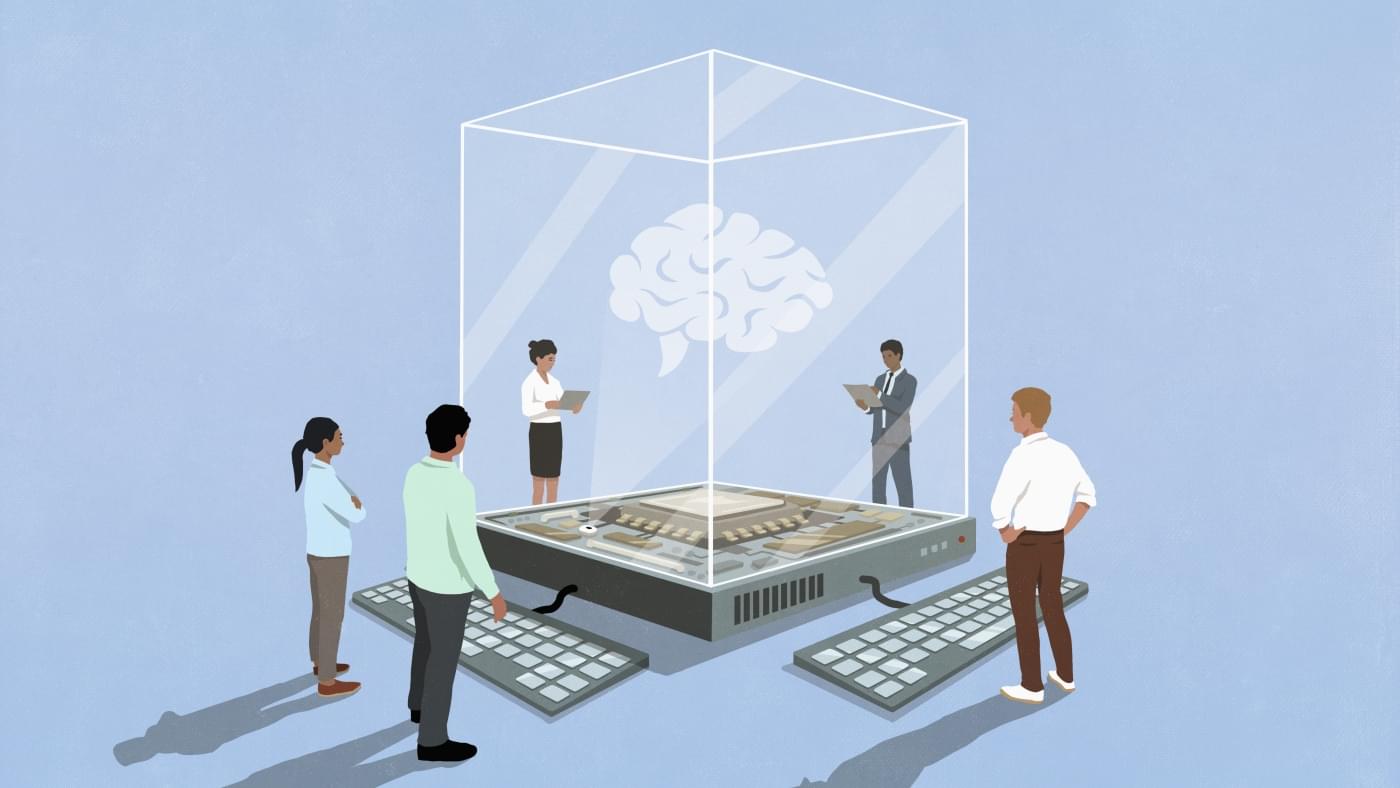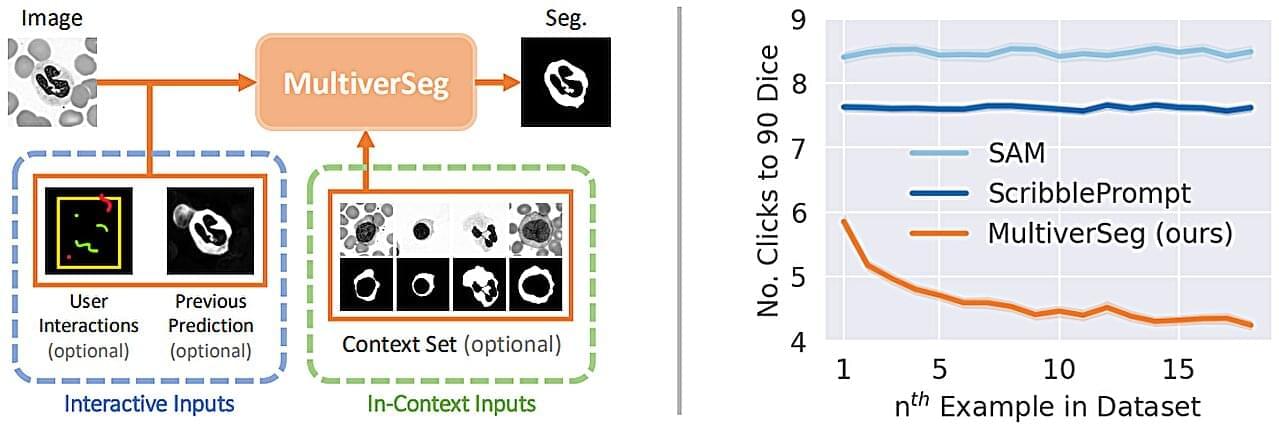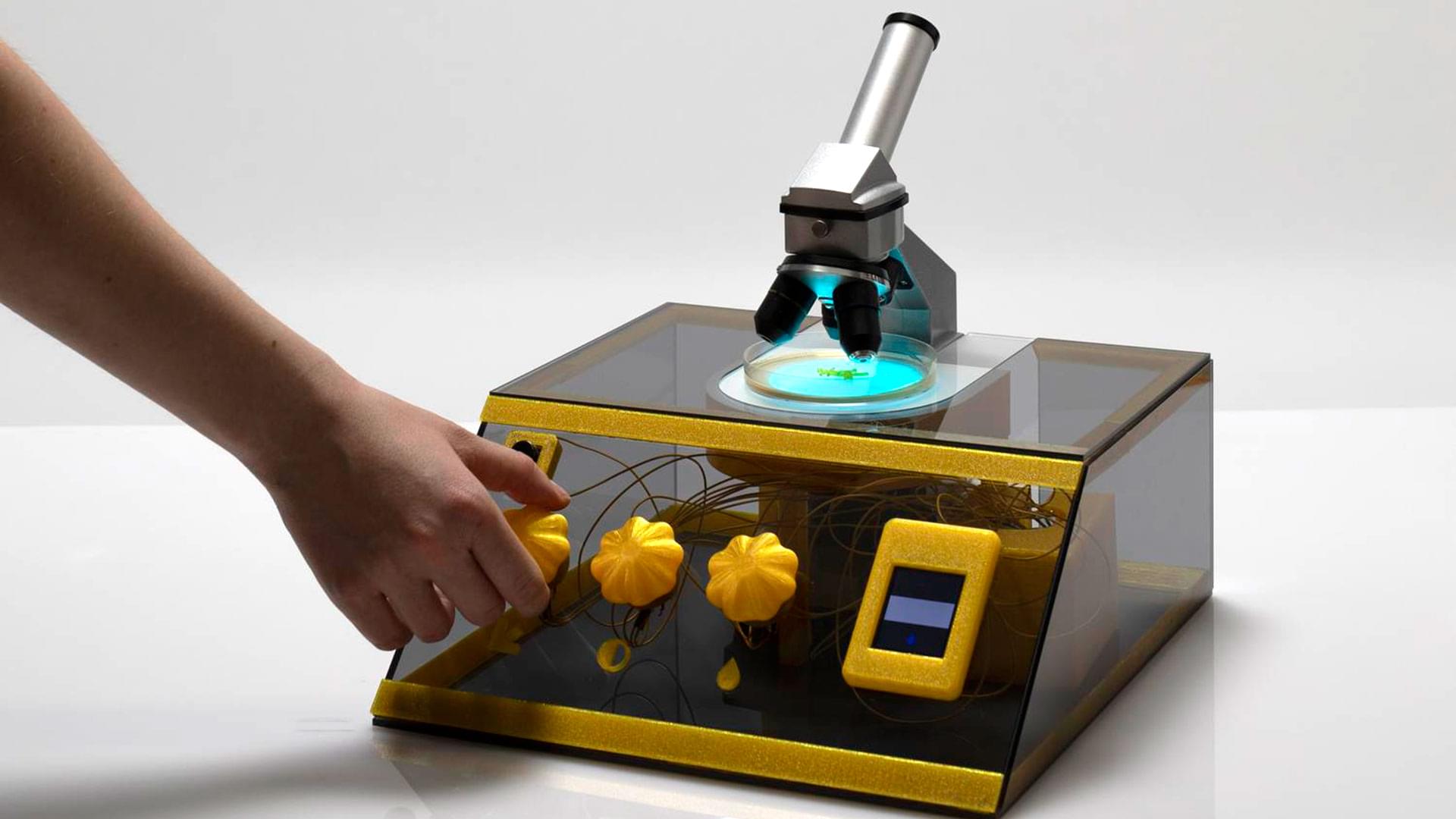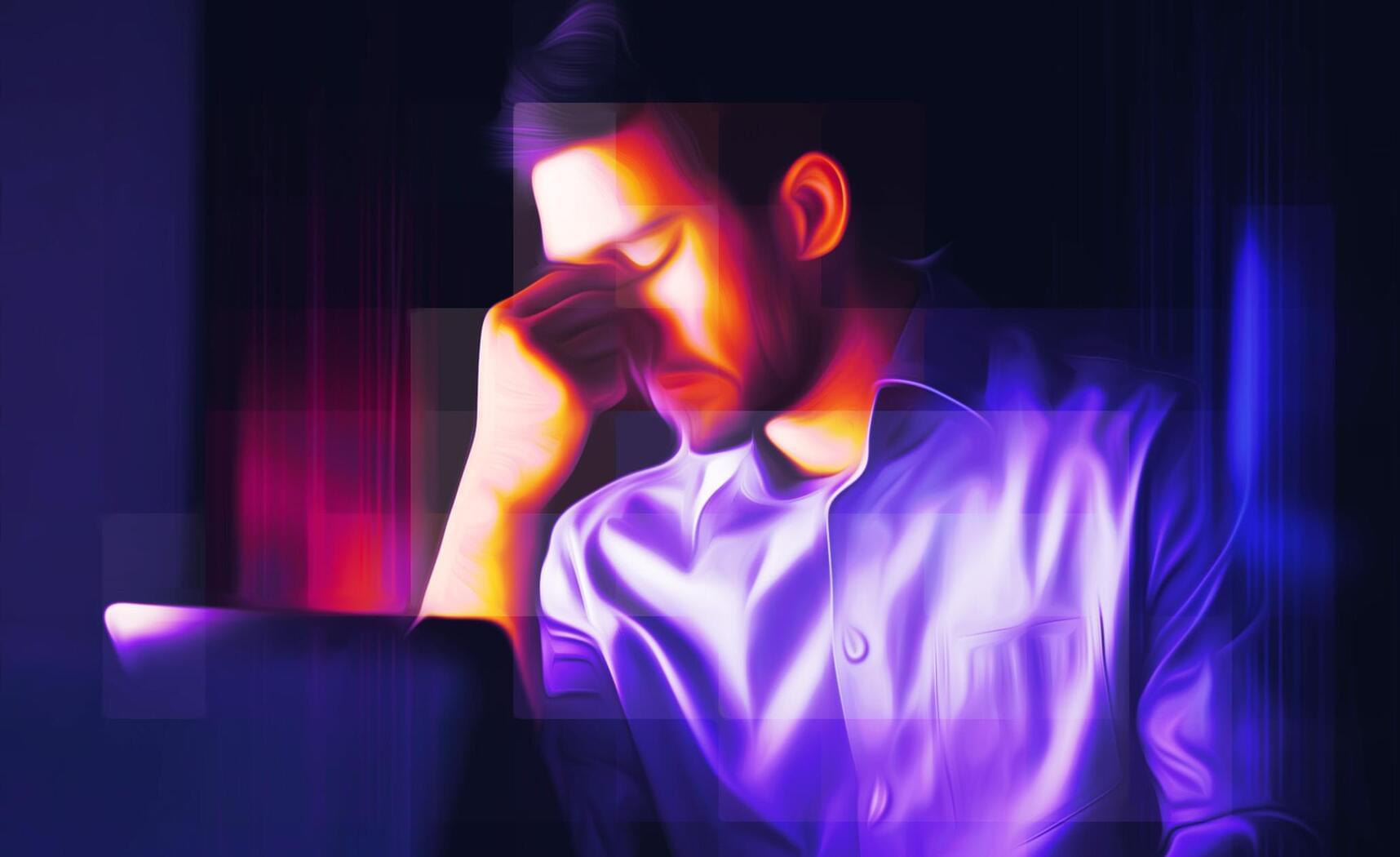The primer on Jevons paradox that you didn’t know you needed.



MIT researchers developed a pill that can be taken once a week instead of daily, gradually releasing medication from within the stomach. In a phase 3 clinical trial, the treatment maintained consistent levels of the drug risperidone in patients with schizophrenia, and it controlled their symptoms just as well as daily doses of the drug.
Radiology combines digital images, clear benchmarks, and repeatable tasks. But replacing humans with AI is harder than it seems.

Annotating regions of interest in medical images, a process known as segmentation, is often one of the first steps clinical researchers take when running a new study involving biomedical images.
For instance, to determine how the size of the brain’s hippocampus changes as patients age, the scientist first outlines each hippocampus in a series of brain scans. For many structures and image types, this is often a manual process that can be extremely time-consuming, especially if the regions being studied are challenging to delineate.
To streamline the process, MIT researchers developed an artificial intelligence-based system that enables a researcher to rapidly segment new biomedical imaging datasets by clicking, scribbling, and drawing boxes on the images. This new AI model uses these interactions to predict the segmentation.




While many working people are reasonably worried about AI taking their jobs and leaving them on the street, another consequence of the AI revolution is filling seats in mental health facilities.
The mass adoption of large language model (LLM) chatbots is resulting in large numbers of mental health crises centered around AI use, in which people share delusional or paranoid thoughts with a product like ChatGPT — and the bot, instead of recommending that the user get help, affirms the unbalanced thoughts, often spiraling into marathon chat sessions that can end in tragedy or even death.
New reporting by Wired, drawing on more than a dozen psychiatrists and researchers, calls it a “new trend” growing in our AI-powered world. Keith Sakata, a psychiatrist at UCSF, told the publication he’s counted a dozen cases of hospitalization in which AI “played a significant role” in “psychotic episodes” this year alone.
Measuring the object’s non-gravitational acceleration, the team believes they found something “anomalous”
